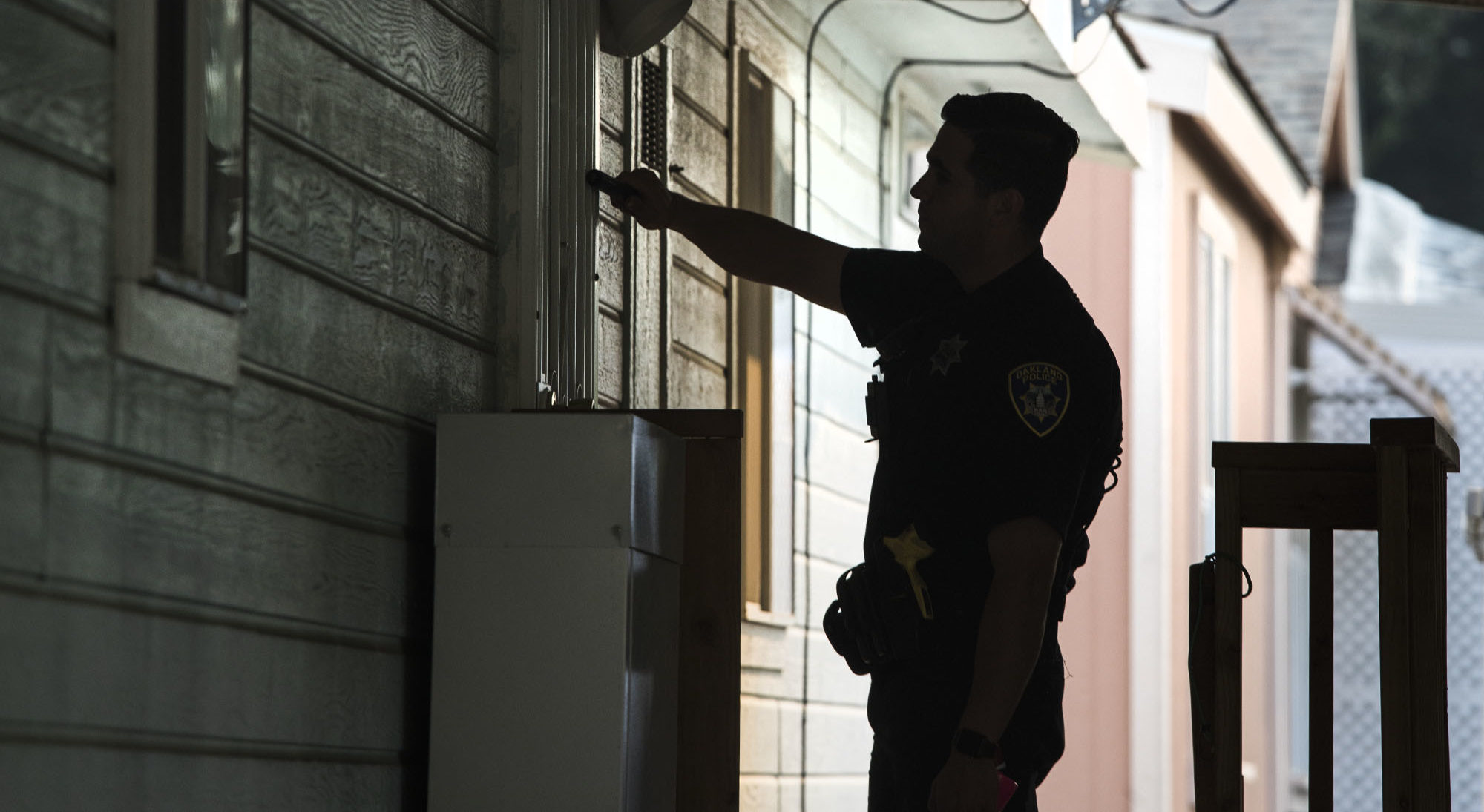Earlier this month, in Freeport, a sleepy Illinois town just south of the Wisconsin border, a small group gathered at the public library for an information session on the state’s new red flag law. It was part of statewide advocacy to increase awareness of the policy, which allows concerned family members or the police to petition a court to temporarily confiscate a person’s guns if they are deemed a threat to themselves or others. The Illinois Council Against Handgun Violence (ICHV) is leading the effort, and hopes it will ensure that the law does what it was designed to do: save lives.
While proponents of red flag laws, also called extreme risk protection orders, point to research saying they can be effective tools for reducing gun violence, only 41 orders have been issued in Illinois since the policy took effect in January. Florida, by comparison, has issued 2,654 in a little more than a year.
Seventeen states and the District of Columbia have enacted red flag laws, which proliferated following the mass shooting in Parkland, Florida. There, the killer was able to legally purchase an AR-15 despite a history of violent and misogynistic outbursts.
John Gruber, a spokesperson for ICHV, told The Trace that his group has “started a successful education campaign for a law that included no public funding for promotion.” They’ve relied on a national network of red flag law advocates and grant funding from The Joyce Foundation to support the work.
“Operating on a shoestring budget, we’ve organized a massive coalition, and we’re seeing success, engagement, and enthusiasm for the policy,” he said.
Under Illinois’s red flag law, a single order runs for up to six months, with an option to renew. A person whose guns are at risk of confiscation has the opportunity to protest an order at a hearing within 14 days, and can appeal if a judge decides against them.
Anthony Vega, chief of staff to the Lake County Sheriff, said ICHV’s outreach work has been essential to his office in the absence of formal state guidance for how to implement the law. “The Legislature passed this law and pretty much said to every law enforcement in the state, ‘Okay, go figure this out,’” he said.
To that end, in July ICHV organized a multi-agency training seminar for state and local law enforcement that included representatives from the Illinois State Police, the Illinois Sheriff’s Association, and multiple county sheriff’s departments. Vega said the training generated an enforcement guide that has been shared widely among police departments in the state.
Before launching its campaign, ICHV sought advice from activists in California. As The Trace has reported, San Diego County has aggressively used red flag orders under the direction of City Attorney Mara Elliott, who has become something of a national spokesperson for the laws.
ICHV campaigners hope Illinois Attorney General Kwame Raoul will become a similar advocate, and they have pressed his office to impose training requirements for law enforcement across the state.
Even amid the fits and starts of implementing the law, many advocates understand why state lawmakers declined to fund efforts to publicize the policy when it was enacted.
To set aside funding adds budgetary considerations to an already controversial proposal, said George Higgins, board chair for the national gun violence prevention nonprofit, States United, which has helped ICHV promote the Illinois law. “A fiscal note is detrimental to the passage of any laws, let alone gun laws,” he said.
Gun rights groups and law enforcement officials who oppose red flag laws on principle have compounded skepticism of the outreach efforts, said Peter Contos, an outreach coordinator for ICHV. A number of sheriffs, claiming their counties are “Second Amendment sanctuaries,” have steadfastly refused to enforce the law. The Illinois State Rifle Association has been the microphone for these concerns in the state Legislature. “There’s been too many cases where [this kind of law] has been used as a vendetta,” said Richard Pearson, its executive director. “And if the petition is used illegally or vindictively, who will pay the court fees for the accused?”
Advocates in other states — including Colorado, New Jersey, and Delaware — have taken note of ICHV’s work. They have joined a working group to share best practices and coordinate strategies about red flag law implementation.
“In a lot of ways these other states have been more effective than us,” said Mark Jones, the law enforcement outreach coordinator with ICHV, who leads the working group. “We still have work to do here, but we are crowd sourcing efficiency on this stuff.”
The Joyce Foundation gives grants to The Trace. Here’s where you can read our editorial independence policy and our policy on donor transparency.

